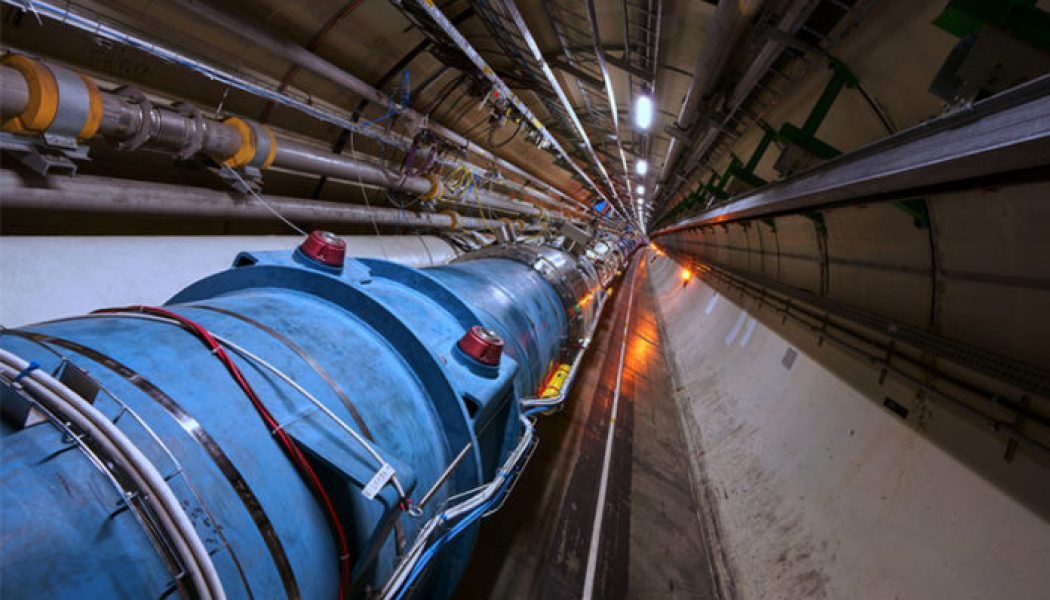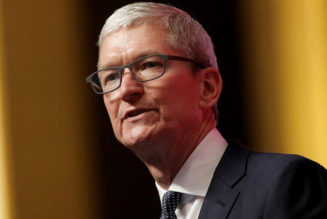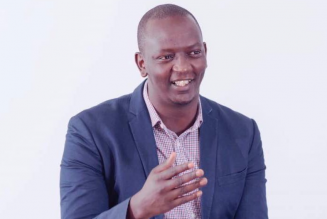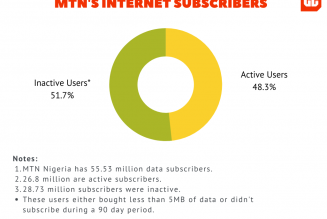The Large Hadron Collider is the world’s highest-energy particle collider at 27 kilometres in length. It is also the largest machine ever built by human hands, according to CNET.
Now, the machine’s operators, the European Organization for Nuclear Research – CERN, is planning to build a second, even larger collider.
This one could end up being 100km, almost four times the size, and may cost up to $23 billion to produce. The collider will be used to further study the Higgs Boson particle.
/* custom css */
.tdi_3_5c5.td-a-rec-img{ text-align: left; }.tdi_3_5c5.td-a-rec-img img{ margin: 0 auto 0 0; }
Having been further popularised due to CBS’ smash-hit sitcom The Big Bang Theory, Higgs Bosons are a type of particle theorized by Peter Higgs and five other scientists back in 1964 and essentially discovered back in 2012 using the Large Hadron Collider.
After the plan was approved by an independent panel in March, the CERN Council approved plans to build a larger collider on June 19.
“I think it’s a historic day for CERN and particle physics, in Europe and beyond,” says CERN director-general Fabiola Gianotti. Now, having been approved, the structure’s construction must be paid for. Raising $23 billion is no easy task. But there’s plenty of time to figure that out. CERN is hoping to start construction in 2038.
The Large Hadron Collider took a decade to build and cost around $4.75 billion. Most of that money came from European countries like Germany, the UK, France and Spain.
Some believe that countries like the US and Japan might need aid in payments for this second collider if it’s actually going to be built.
Future Circular Collider
In January last year, the plans for the new collider were tentatively revealed. It was called the Future Circular Collider (FFC). The 100km collider is set to be built around Geneva and has 10 times the power of the current collider.
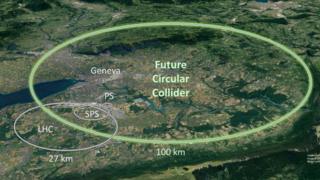
Prof. Gianotti described the proposal as “a remarkable accomplishment”.
“It shows the tremendous potential of the FCC to improve our knowledge of fundamental physics and to advance many technologies with a broad impact on society,” she said.
Edited by Luis Monzon
Follow Luis Monzon on Twitter
Follow IT News Africa on Twitter
